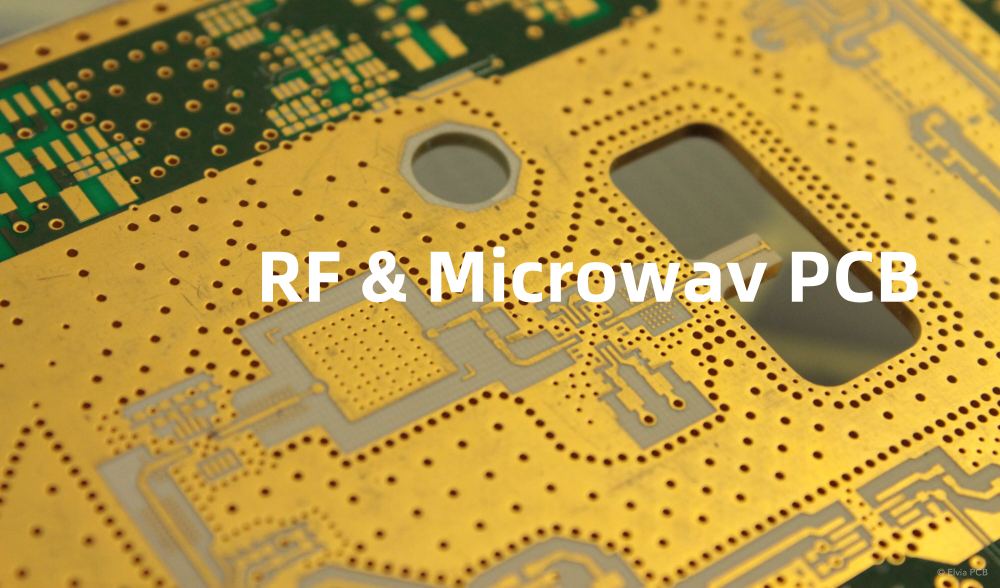What is PCB Manufacturing?
PCB manufacturing, or printed circuit board manufacturing, is the process of creating printed circuit boards (PCBs) for electronic devices. PCBs are essential components in modern electronics, providing a platform for electrical components to be connected and interact with each other. The manufacturing process involves several stages, including design, fabrication, assembly, and testing, to ensure the quality and functionality of the final product.
The Importance of High-Quality PCB Manufacturing
High-quality PCB manufacturing is crucial for the proper functioning and reliability of electronic devices. Poor quality PCBs can lead to device malfunctions, reduced performance, and even safety hazards. Ensuring that your PCB manufacturing process is the best possible is essential for creating reliable, high-performance electronic products.
Key Factors in Determining the Best PCB Manufacturing
To determine if your PCB manufacturing is the best, consider the following key factors:
1. Design and Engineering Expertise
A top-notch PCB manufacturer should have a team of experienced designers and engineers who can assist in optimizing your PCB design for manufacturability, reliability, and performance. They should be knowledgeable about the latest industry standards, design tools, and best practices.
Design Tools and Software
Leading PCB manufacturers use advanced design tools and software, such as:
- Altium Designer
- Cadence OrCAD
- Mentor Graphics PADS
- Zuken CR-8000
These tools help streamline the design process, ensure accuracy, and minimize errors.
2. Manufacturing Capabilities and Technology
A top PCB manufacturer should have state-of-the-art manufacturing facilities equipped with the latest technology and equipment. This ensures that they can handle a wide range of PCB types, sizes, and complexities, while maintaining high quality and efficiency.
PCB Manufacturing Technologies
Some of the essential PCB manufacturing technologies include:
| Technology | Description |
|---|---|
| Surface Mount Technology (SMT) | A method of mounting components directly onto the surface of a PCB |
| Through-Hole Technology (THT) | A method of mounting components by inserting their leads through holes in the PCB |
| High Density Interconnect (HDI) | A technology that allows for higher component density and smaller feature sizes |
| Flexible PCBs | PCBs that can bend and flex, ideal for applications with limited space or unique shapes |
3. Quality Control and Testing
The best PCB manufacturers have strict quality control measures in place throughout the manufacturing process. This includes regular inspections, testing, and adherence to industry standards and certifications.
Common Quality Control Methods
| Method | Description |
|---|---|
| Automated Optical Inspection (AOI) | Uses cameras and image processing to detect defects and inconsistencies |
| X-Ray Inspection | Uses X-rays to detect internal defects and voids in solder joints |
| Electrical Testing | Verifies the electrical performance and functionality of the PCB |
| Burn-In Testing | Subjects the PCB to elevated temperatures and voltages to identify potential failures |
4. Certifications and Standards Compliance
Top PCB manufacturers should hold relevant certifications and comply with industry standards to ensure the quality and reliability of their products. Some important certifications and standards include:
- ISO 9001 (Quality Management Systems)
- IPC-A-600 (Acceptability of Printed Boards)
- IPC-A-610 (Acceptability of Electronic Assemblies)
- UL (Underwriters Laboratories)
- RoHS (Restriction of Hazardous Substances)
5. Customer Service and Support
The best PCB manufacturers offer excellent customer service and support throughout the entire manufacturing process. This includes responsive communication, technical assistance, and timely delivery.
Key Aspects of Good Customer Service
- Dedicated account managers
- 24/7 technical support
- Online order tracking
- Rapid prototyping services
- Flexible delivery options
6. Cost-Effectiveness and Value
While cost is an important consideration, the best PCB manufacturing is not necessarily the cheapest. Instead, focus on finding a manufacturer that offers the best value – a combination of high quality, reliability, and competitive pricing.
Factors Affecting PCB Manufacturing Costs
- PCB complexity and layer count
- Materials used
- Quantity ordered
- Turnaround time
- Additional services (e.g., assembly, testing)
Choosing the Right PCB Manufacturer
When selecting a PCB manufacturer, consider the following steps:
- Research and compare multiple manufacturers
- Evaluate their capabilities, technology, and certifications
- Request quotes and compare pricing
- Read customer reviews and testimonials
- Communicate your specific requirements and expectations
- Start with a small order to test their quality and service

Frequently Asked Questions (FAQ)
1. What is the difference between PCB fabrication and PCB assembly?
PCB fabrication refers to the process of creating the bare PCB, while PCB assembly involves soldering components onto the fabricated board.
2. How long does it typically take to manufacture a PCB?
The manufacturing time depends on various factors, such as the complexity of the design, the quantity ordered, and the manufacturer’s capacity. Standard lead times can range from a few days to several weeks.
3. What is the minimum order quantity (MOQ) for PCB manufacturing?
MOQs vary among manufacturers, but some offer low MOQs or even no MOQ for prototype and small-batch orders.
4. Can I get a prototype PCB made before placing a large order?
Yes, most PCB manufacturers offer rapid prototyping services to allow customers to test and validate their designs before committing to a large production run.
5. What file formats do I need to provide for PCB manufacturing?
Common file formats for PCB manufacturing include Gerber files (RS-274X), drill files (Excellon), and pick-and-place files (CSV or ASCII). Some manufacturers may also accept design files from specific CAD software.
Conclusion
Determining the best PCB manufacturing for your needs requires careful consideration of various factors, including design expertise, manufacturing capabilities, quality control, certifications, customer service, and cost-effectiveness. By understanding these key aspects and following the steps outlined in this article, you can select a PCB manufacturer that will deliver high-quality, reliable PCBs for your electronic products.
Remember, investing in the best PCB manufacturing is crucial for the success and longevity of your electronic devices. By partnering with a top-notch PCB manufacturer, you can ensure that your products meet the highest standards of performance, reliability, and customer satisfaction.

No responses yet